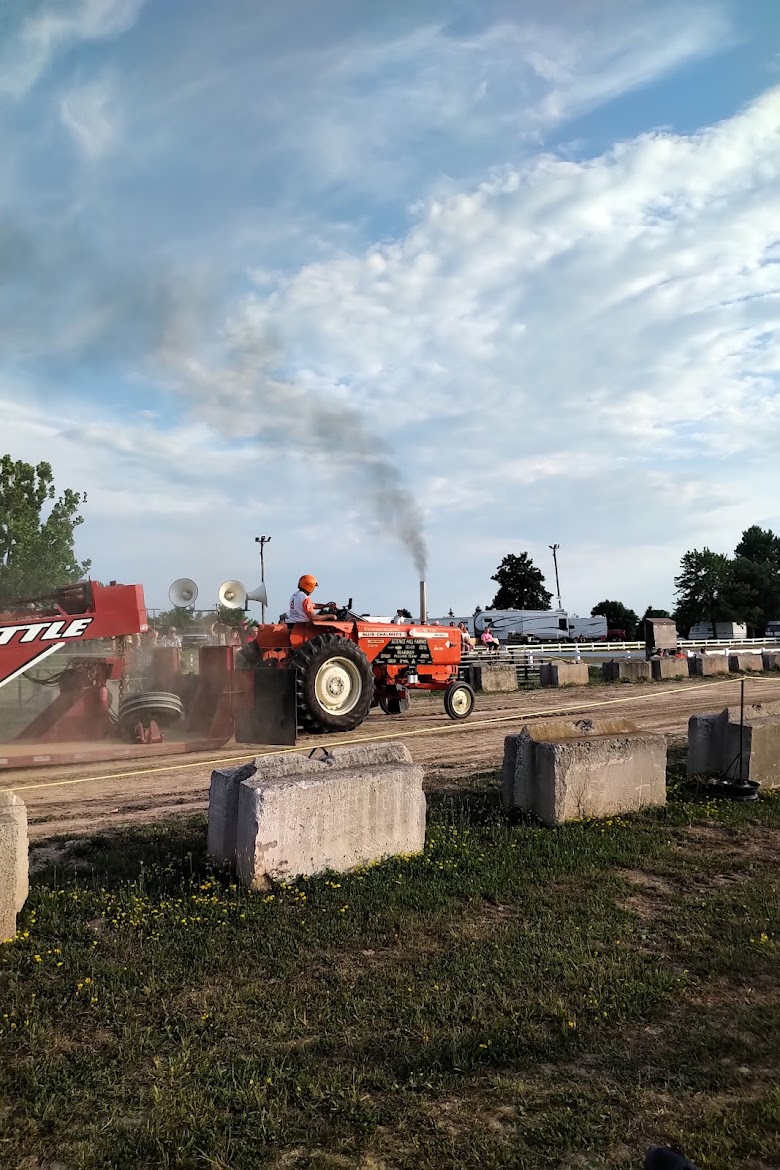AS PREVIOUSLY PUBLISHED IN THE RURAL VOICE:
This month’s article doesn’t have much to do with farming, but I couldn’t pass on the opportunity to share a farming-related analogy at the centre of a recent impaired driving case. A “mythical inoperable tractor” served as the basis for the initially (but not ultimately) successful defence of the charge.
The facts of the case are simple. A driver was involved in a single motor vehicle accident in the early morning hours one day in December, 2019 in the City of Toronto. The sound of the accident had been overheard by a witness who happened to be walking home at the time. When that witness arrived at the scene, he found a vehicle stationed under a streetlight and off the travelled portion of the road and noted that the vehicle was not running and had its four-way flashers engaged. There was a man behind the wheel of the vehicle and there was a female present outside the vehicle. The witness did not see the accident and there were no other witnesses who had seen any accident.
The man in the driver’s seat was arrested for impaired operation of a motor vehicle on the basis of two breath samples showing his blood alcohol over the legal limit. At his trial in June, 2022, the accused did not call any evidence or testify in his own defence. Instead, he relied on an expert report that was entered into evidence with the consent of the Crown. The expert report confirmed that the accused’s vehicle was completely inoperable at the time it was discovered and was immobile.
The accused was acquitted at trial. The trial judge accepted that the vehicle was inoperable and immobile when the accused was found sitting in the driver’s seat with a blood alcohol level above the legal limit. There had been an accident, but it was not proven beyond a reasonable doubt that the accused was driving the vehicle at the time of the accident. The accused was found sitting in the driver’s seat and could be found to have had the “care and control” of a “conveyance” necessary to support a conviction for impaired driving. However, the trial judge ruled that “care and control” of a “conveyance” had not been proven beyond a reasonable doubt in spite of the following presumption set out at Section 320.35 of the Criminal Code: “In proceedings in respect of an offence under s. 320.14 or 320.15, if it is proved that the accused occupied the seat or position ordinarily occupied by a person who operates a conveyance, the accused is presumed to have been operating the conveyance unless they establish that they did not occupy that seat of position for the purpose of setting the conveyance in motion.”
The trial judge likened the situation to that of the “mythical inoperable tractor” found in the middle of a farmer’s field: could an individual seen drinking alcohol in a rusted-out old tractor with no windows or tires be convicted of impaired driving? Would it not be unreasonable to convict where there was no realistic or even speculative risk of danger and no evidence of intent to put the tractor in motion? The trial judge accepted that where it had been proven that a vehicle was inoperable and immobile and posed no apparent danger to the public, and there was no evidence of an intent on the part of the accused to drive the vehicle, the presumption in Section 320.35 of the Criminal Code did not provide the “care and control” of a “conveyance” necessary for a conviction.
The acquittal of the accused was appealed by the Crown to the Superior Court of Justice. On appeal, the acquittal was overturned and the matter remitted to the Ontario Court of Justice for a new trial. Although the appellate judge saw some “appeal” to the accused’s argument (and the trial judge’s reasoning) about the “mythical inoperable tractor”, the judge found nothing in the language of Section 320.35 of the Criminal Code that suggests that the presumption of “care and control” can be rebutted simply by establishing that a vehicle was inoperable and posed no risk to public safety. The definition of “motor vehicle” in the Criminal Code does not exclude an inoperable vehicle. If Parliament wished to make such an exclusion, it could through an amendment to the Code.
What the trial judge got wrong in his decision was that there was an onus on the accused to show that he was not sitting in the driver’s seat “for the purpose of setting the conveyance in motion.” It was not for the Crown to prove the intention; it was for the accused to prove the absence of an intention to drive the vehicle. As the accused called no evidence at trial (save for the expert report that went in on consent), there was no evidence of an absence of intention. The “mythical inoperable tractor” got the accused part way in rebutting the presumption of “care and control” of a “conveyance”, but not far enough.
Read the decision at: 2024 CanLII 24885 (ON SC).

